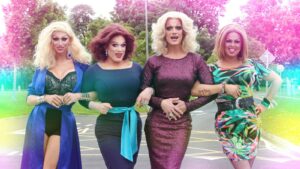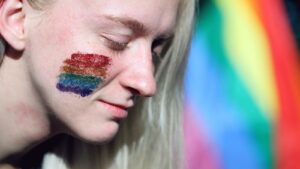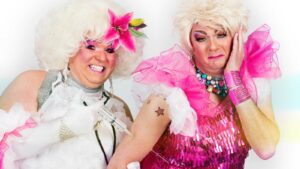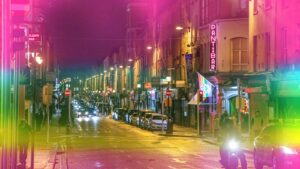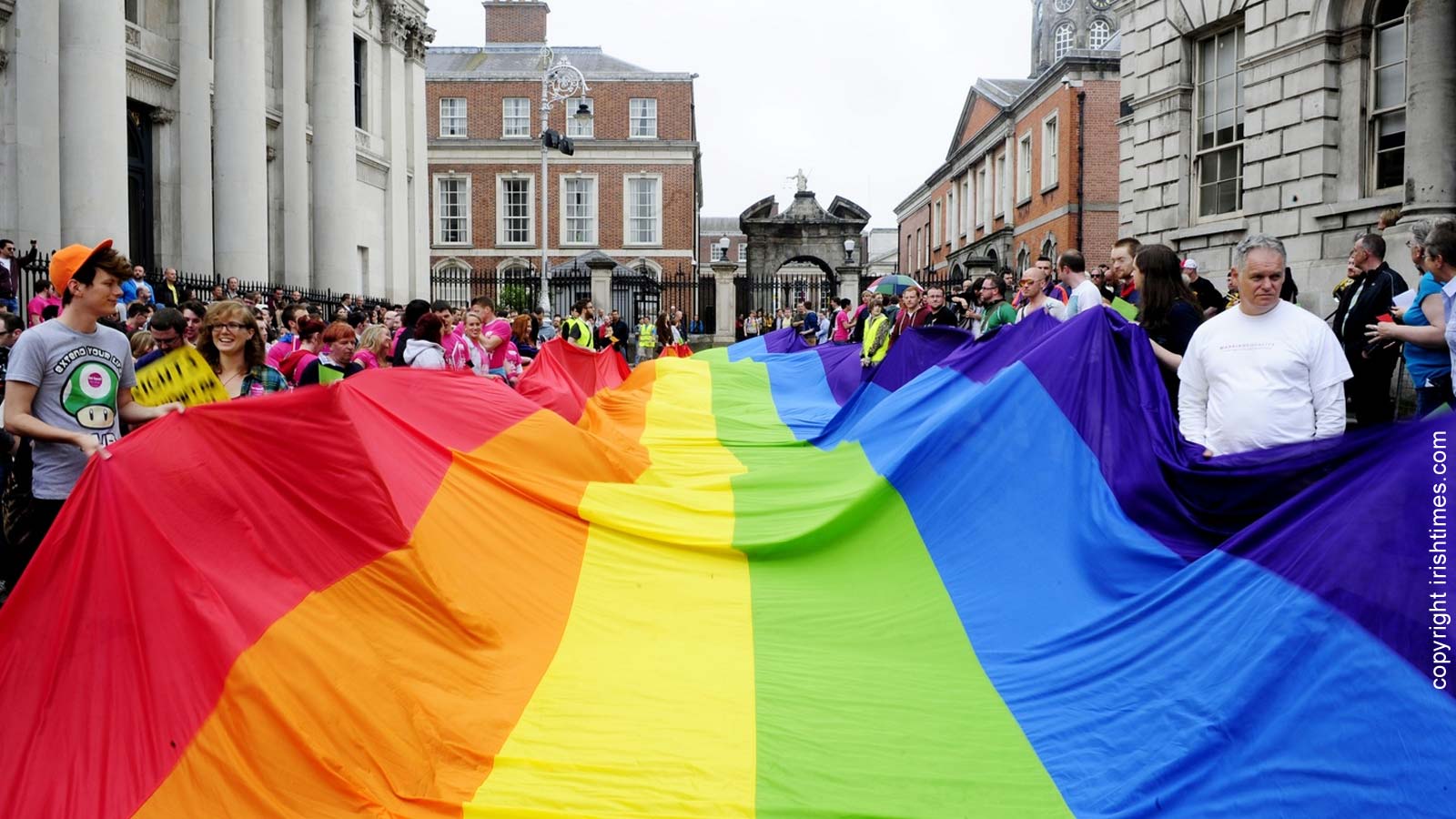
Ireland formally became independent in 1922 after the signing of the Anglo-Irish Treaty. Before this happened, the matters associated with sexuality were governed by the laws of the United Kingdom. The newly-formed Irish Free State had automatically inherited these laws. One such law was the Offences Against the Person Act 1861.
Before independence
Some leaders of Ireland’s struggle for independence in the early 20th century were assumed to be homosexuals. The first resident of Dublin recorded as trans individual was Patrick McCormack. He lived from 1821 to 1871. Another probable trans man who lived in the 19th century was Albert Cashier, who was born Jennie Hodgers. He had fought in the American Civil War on the Union side.
Ireland had always been home to some of the greatest gay and lesbian celebrities. Among them were the writers Oscar Wilde, Mary Dorcey, Kate O’Brien, and Elizabeth Bowen. The most notable event associated with the LGBTI history of Ireland was Oscar Wilde’s trial and imprisonment.
After independence
Some changes were beginning to happen in Ireland after it achieved its independence. Although it was dominated by the conservative Catholic Church, there was an acceptance of homosexuality. This was particularly true in case of those within the profession of acting. One of the best examples in this regard would be the 20th-century gay actor, Micheal MacLiammoir.
It was known widely that he and his partner Hilton Edwards were homosexuals. Throughout the 1950s and 1960s, MacLiammoir appeared on the Irish television, performing in drag. It is largely because of such performances of MacLiammoir that the Irish people are quite used to drag queens.
They are never surprised to see men appearing on television dressed up as women even today. One of the popular drag queens of recent times is Shirley Temple Bar. He presents bingo on prime time national television.
Wider acceptance of LGBTIs
David Norris, a renowned Irish scholar and politician campaigned in the 1970s for dismantling laws that criminalized homosexuality. This matter was taken before Ireland’s supreme court in 1980, resulting in David Norris losing the case. The case was then taken by Norris to the European Court of Human Rights. It ruled against the Irish government in 1988.
This resulted in reforms being made in the laws in 1993. These laws were reformed by Maire Geoghegan-Quinn, who was the Minister for Justice at the time. From 1995 onwards, Ireland went through a massive social and economic transformation. What was once a conservative and religious society became more open and gay-friendly.
Today, nearly 73% of the Irish people support gay marriage and almost 53% support same-sex adoption. Dominic Hannigan and John Lyons became the first openly gay elected members of the Irish assembly in 2011. Katherine Zappone became the first senator who was openly lesbian. Ireland became the world’s first country to legalize gay marriage in 2015 through referendum.
More than two million adults had voted for this with over 62% favouring gay marriages. Many of the younger adults had participated in this process of voting to bring some fresh changes in Ireland. Leo Varadkar became the youngest and first openly gay leader of Ireland in 2017.

